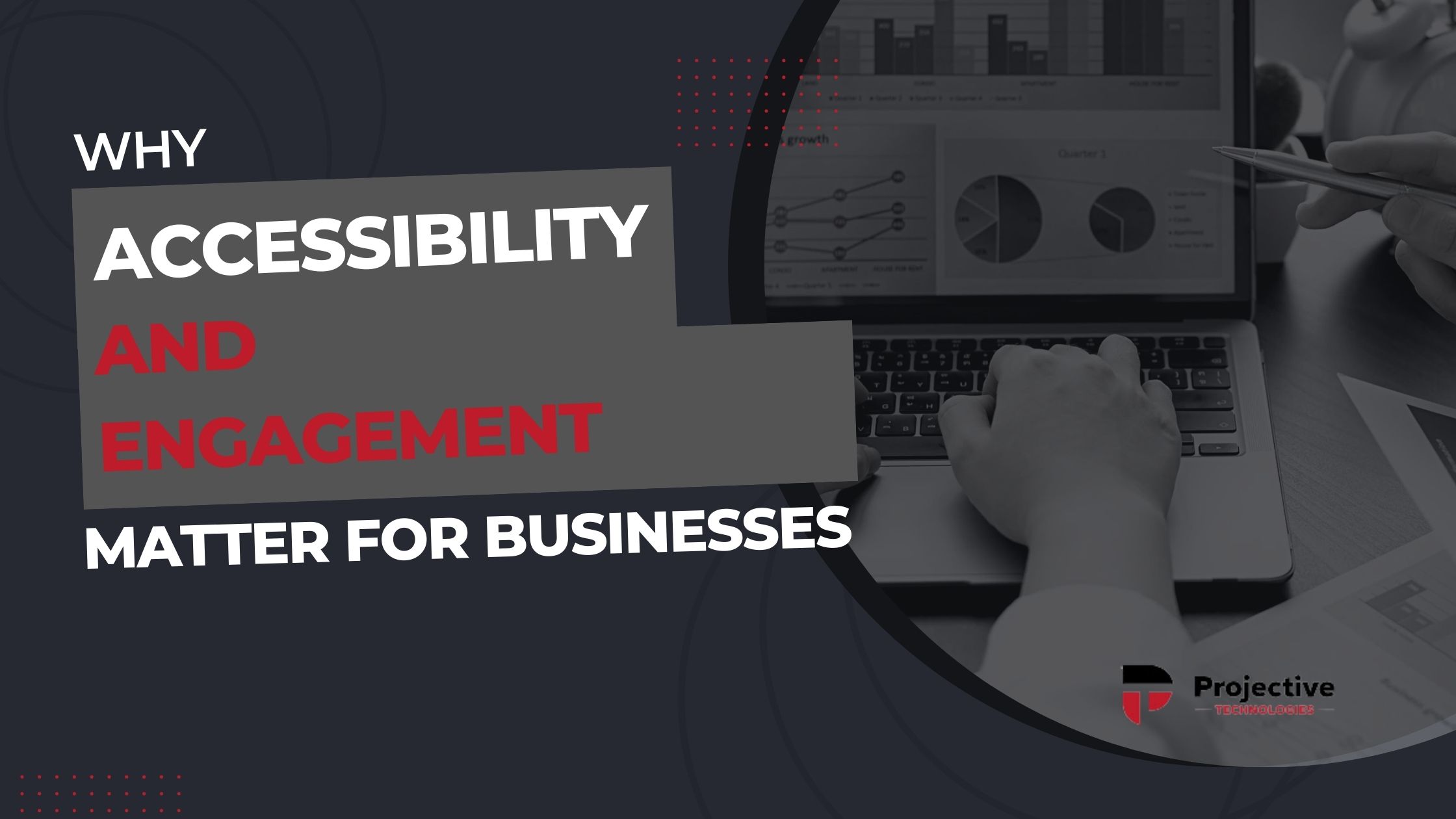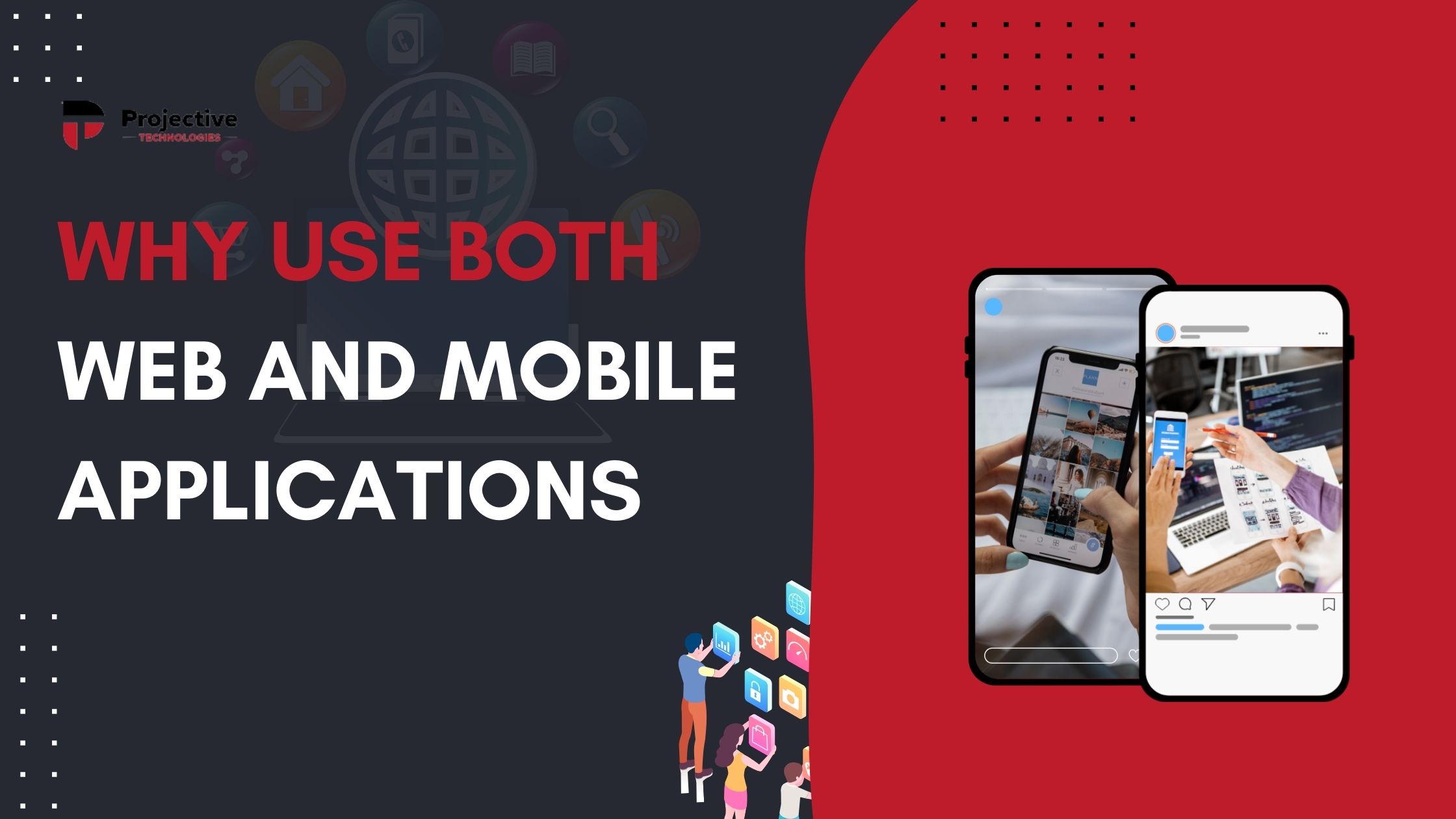Hey there! Today, I’m diving into the exciting world of web and mobile application and how they can benefit businesses. These tools offer incredible advantages, from accessibility to enhancing user engagement, transforming your operations, and connecting you more effectively with your audience. In this post, I’ll discuss the differences, famous examples, course options, and insights from Reddit discussions on web apps vs. mobile apps. Let’s get into it!
What Makes Web and Mobile Applications Unique?
A web application runs in a web browser, allowing users to access it on various devices without downloading anything. In contrast, mobile applications are designed specifically for smartphones and tablets. Each has features and advantages, and the choice depends on the experience you want to create for your users.
Why Accessibility and Engagement Matter for Businesses
As more activities move online, businesses need to ensure they’re accessible at all times. Here’s where applications come into play:
- Broader Customer Reach: Both types of applications expand your business’s reach.
- Improved Engagement: You can keep users interested with features like notifications and geolocation.
- Streamlined Operations: Applications can simplify processes, making it easier for customers and employees.
- Revenue Growth: Higher engagement often leads to increased sales through direct purchases or ads.

Insights from Reddit Users on Web vs. Mobile Apps
Exploring Reddit conversations about web and mobile apps offered some fascinating perspectives on their pros and cons. Here’s a breakdown of what actual users have shared:
- Flexibility vs. Performance: Many Redditors see web apps as more flexible since they’re available across devices, though mobile apps often perform better due to being optimized for specific platforms.
- User Experience: While mobile apps offer a customized, smoother experience, web apps are more straightforward to update since no app store updates are needed.
- Offline Functionality: Mobile apps often work offline or with limited connectivity, making them perfect for on-the-go users, while web apps generally require an internet connection.
Understanding Which Type of App is Right for Your Business
Understanding the difference between web and mobile apps is essential for business owners. Generally, web apps are easier to access and require an internet connection, while mobile apps, downloaded onto a device, allow for seamless performance, even offline. Mobile apps often offer a tailored experience because they’re designed specifically for mobile devices, while web applications tend to be more affordable and can work across various platforms.
Famous Mobile Web Applications That Inspire
Real-world mobile web applications showcase how these solutions can be functional and versatile. Here are a few well-known examples:
- Google Docs: This classic web app includes a mobile version, allowing you to edit documents online or offline.
- Spotify Web Player: Offering a whole music-streaming experience in your browser, Spotify’s web player is ideal for listening without downloading the app.
- Twitter Lite: Designed to use less data and work on slower networks, Twitter Lite is a fantastic example of a lightweight web application for mobile use.
These examples highlight how web-based solutions can provide flexibility without requiring a full app download.
What a Web and Mobile Application Course Can Teach You
Interested in developing your applications? A Web and Mobile Application course can be a fantastic starting point. Here’s a look at what you’ll typically learn:
- Design Foundations: Core UI/UX principles for web and mobile.
- Coding Skills: Web languages like HTML, CSS, and JavaScript, and mobile languages like Swift and Kotlin.
- Backend Integration: How to connect apps with databases and servers.
- Testing and Launching: Ensuring quality with testing and learning roll-out techniques.
Whether new or experienced, a course can equip you with skills to create impactful, user-friendly applications that stand out.
Why Use Both Web and Mobile Applications?
Incorporating both web and mobile applications can help your business achieve greater flexibility and reach:
- Broader Accessibility: A web app lets you reach users across platforms, while a mobile app provides a tailored experience.
- Increased Engagement: Mobile apps can enhance engagement with push notifications, while web apps offer easy access.
- Seamless Data Sync: Users can access their data across devices, creating a consistent experience.

FAQs
- What’s the difference between a web application and a mobile application?
Web applications run in browsers, while mobile applications are downloaded onto smartphones or tablets. - Can I use a web application on my mobile phone?
Yes, many web applications are mobile-friendly and accessible on smartphones via browsers. - What are some mobile web application examples?
Examples include Google Docs, Spotify Web Player, and Twitter Lite. - Do I need a course to build a web and mobile application?
While it’s not required, a Web and Mobile Application course can help you gain the essential skills to build user-friendly applications. - What’s the main takeaway from the web app vs mobile app Reddit discussions?
Reddit users suggest that web apps are more versatile, while mobile apps often provide a better user experience and can work offline. - How does a mobile app improve business growth?
It enhances engagement through features like notifications, leading to more user interaction and potentially higher revenue. - Are web apps cheaper to develop than mobile apps?
Generally, yes. Web apps usually have lower development costs compared to platform-specific mobile apps. - What’s the best platform to learn app development?
Platforms like Coursera, Udemy, and edX offer excellent courses on app development. - What should I focus on when designing a web and mobile application?
User experience, data security, and performance are crucial elements to prioritize. - Is it essential for businesses to have both types of applications?
Not always, but having both can expand your reach and provide a better user experience.

